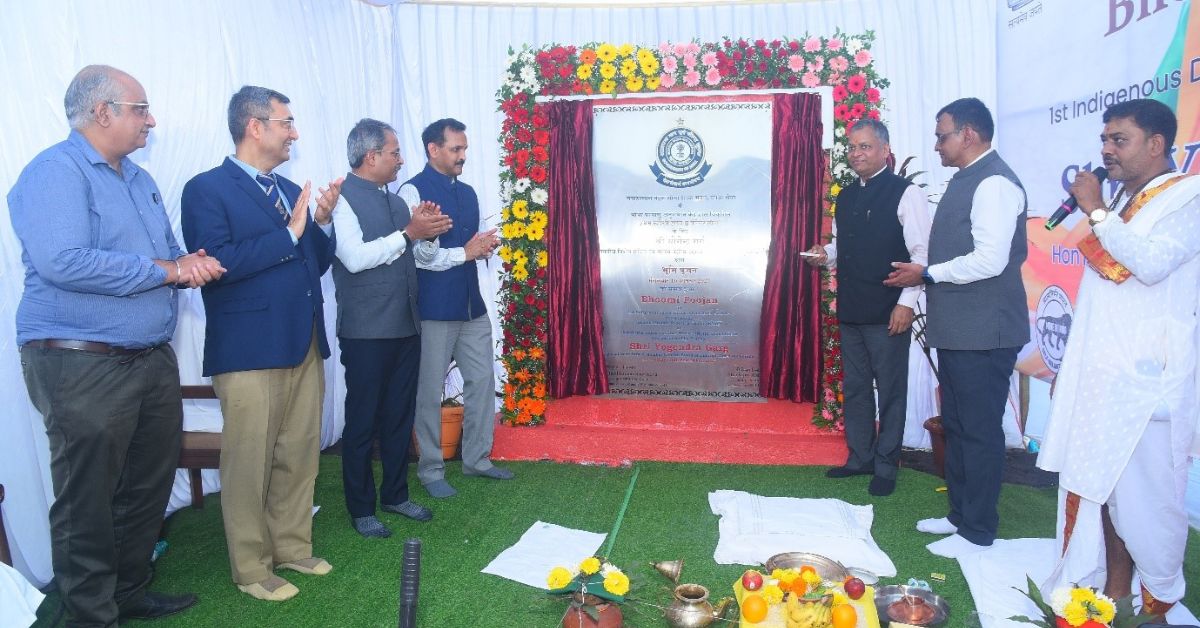India launched its first indigenously developed Drive-Through Cargo Scanner (ICS) at Jawaharlal Nehru Custom House (JNCH), Nhava Sheva, marking a major step in self-reliance and trade security under the government’s Atmanirbhar Bharat initiative. The project has been jointly developed by the Bhabha Atomic Research Centre (BARC) and JNCH under the Central Board of Indirect Taxes and Customs (CBIC).
The Bhoomi Poojan ceremony was attended by senior officials, including CBIC Member (Customs) Yogendra Garg, Chief Commissioner of Customs (Mumbai Zone-II) Vimal Kumar Srivastava, JNPA Chairman Unmesh Sharad Wagh, and BARC Director (BTDG) Martin Mascarenhas.
Speaking at the event, Garg said the ICS was not just about breaking ground but about “laying the foundation for a stronger, self-reliant, and secure India.” Equipped with dual-energy X-ray technology, artificial intelligence (AI), and machine learning (ML), the system can scan 60–80 containers per hour, offering a fourfold capacity increase over existing scanners.
Srivastava noted that the scanner’s integration with CBIC’s Risk Management System (RMS), AI/ML tools, and optical character recognition (OCR) will help reduce dwell time, cut costs, and strengthen India’s fight against smuggling. Mascarenhas highlighted BARC’s role in converting accelerator research into advanced cargo inspection technology, showcasing India’s ability to build world-class security solutions.
The system is designed to meet global standards for image quality and will connect with platforms such as ICEGATE for real-time data exchange and faster customs clearance. Officials said it is expected to lower operational costs by up to 50% and minimize manpower needs through automated threat detection.
Senior representatives from CBIC, DRI, DGGI, NCTC, CISF, DG Shipping, state police, and other partner agencies, along with trade stakeholders, were present at the ceremony. Authorities added that the initiative will act as a cornerstone of Make in India and Ease of Doing Business, with plans to deploy similar scanners across major Indian ports in line with the vision of a Viksit Bharat by 2047.









